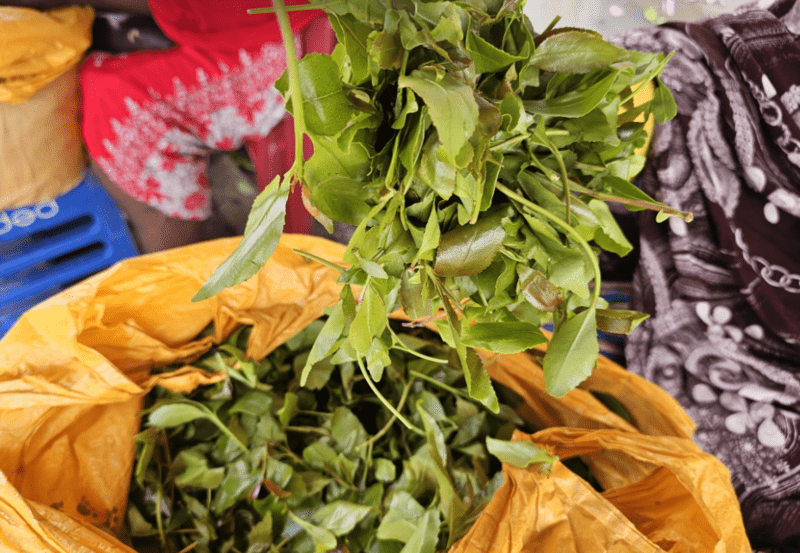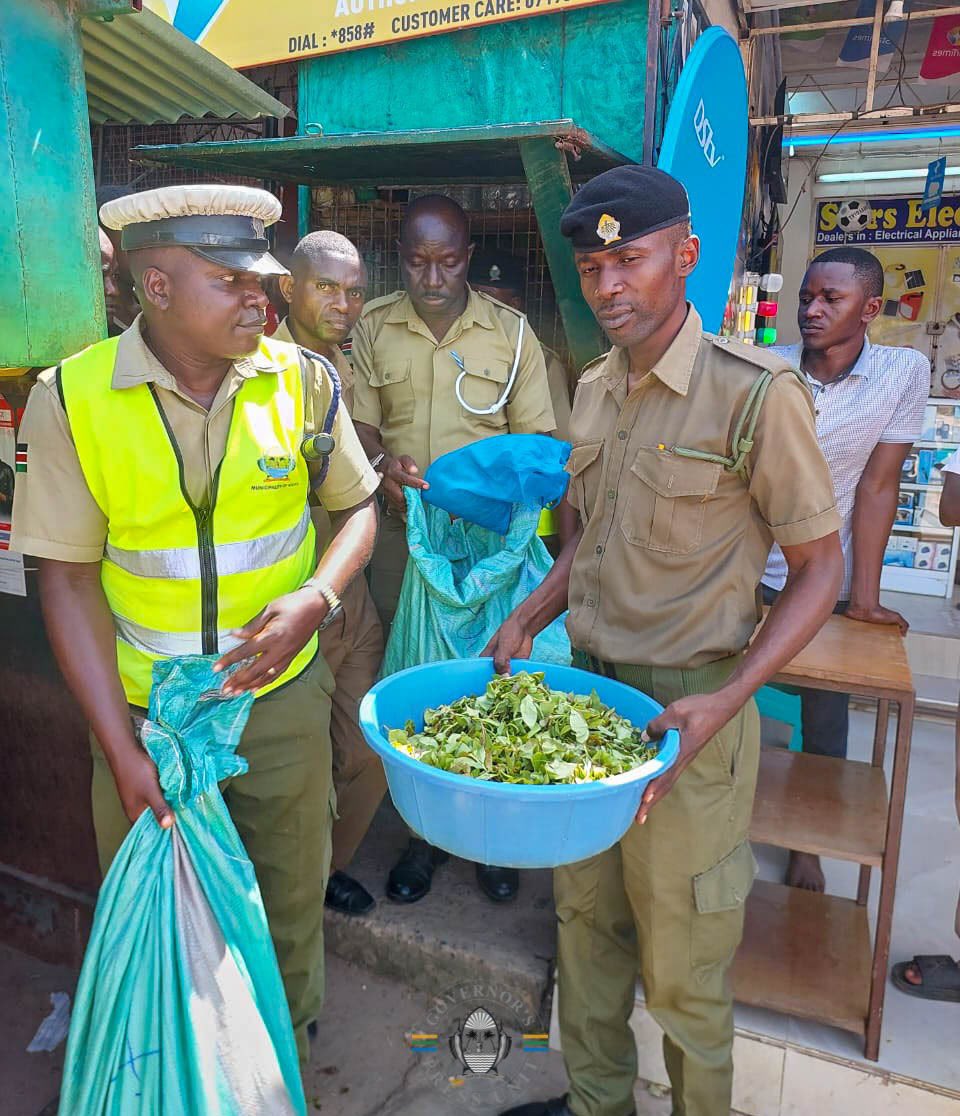Minimum age for Muguka users drops to nine years, NACADA reveals

The study that focused on users between the ages of 10 and 65 revealed that most male users begin chewing the stimulant in the afternoon and may go up to 5 am.
As Northeastern counties continue with their push for a ban on muguka and miraa in their regions, citing severe health issues, NACADA has revealed that the minimum age of initiation into use of the stimulants has dropped to nine years.
The National Authority for the Campaign Against Alcohol and Drugs Abuse also revealed that the minimum age of initiation into tobacco use is six years, for alcohol seven years, for cannabis eight years, for heroin 18 years, for cocaine 20 years, and for prescription drugs eight years.
More To Read
- Kilifi North MP Owen Baya withdraws controversial Muguka Bill after DP Kindiki meeting
- Muguka farmers face uncertain future as new Bill seeks delisting
- How Muslim clerics are helping members stay away from drug abuse
- Ruto's pledge as meeting with Coast leaders over muguka ban finally takes place
- Education stakeholders back Mombasa's muguka ban
- Coast leaders ready for Monday meeting with Ruto on muguka ban
"Alcohol continues to be the most widely used substance of abuse in Kenya among the 15-65 age category," the authority's latest Status of Drugs and Substance Use report shows.
This confirms that the effects of the use of the stimulant have also affected school-going children.
Muslim leaders have insisted on preventing the sale of stimulants in their areas, terming them harmful to the health of their users and a contributor to crime in the regions.
A 2013 study on the socio-economic and health effects of khat to users in select counties of Embu, Nyeri, Nairobi and Mombasa confirms some of their fears.
The study, which focused on users between the ages of 10 and 65, revealed that most male users begin chewing the stimulant in the afternoon and may go up to 5 am.
"Reasons given by the study population for chewing khat were to reduce sleep, pass time, kill boredom, socialise, reduce stress, increase boldness and increase energy to work for long hours," the study noted.
The health effects were categorised as increased energy and alertness (88.7 per cent), insomnia (80.9 per cent), enhanced mood (90.5 per cent), dehydration (68.6 per cent), constipation (18.7 per cent) lack of sexual arousal (26.9 per cent) urinary incontinence (12.7 per cent), pain during sexual intercourse (6.9 per cent), reduced appetite (72.9 per cent) and spermatorrhoea (13.5 per cent).
Those who attempt to stop taking the stimulant said they suffer general fatigue, mood swings including anger, boredom and restlessness, feeling sleepy, headaches and lack of concentration.
 Kilifi inspectorate officers seize boxes of Muguka following the directive from Governor Gideon Mung’aro banning the product in the county. President Ruto, however, nullified the order on May 27, 2024. (Photo: Kilifi County)
Kilifi inspectorate officers seize boxes of Muguka following the directive from Governor Gideon Mung’aro banning the product in the county. President Ruto, however, nullified the order on May 27, 2024. (Photo: Kilifi County)Kilifi inspectorate officers seize boxes of Muguka following the directive from Governor Gideon Mung’aro banning the product in the county. President Ruto, however, nullified the order on May 27, 2024. (Photo: Kilifi County)
The status report further shows there's an increasing demand for cheaper and readily available alcoholic products, especially chang'aa, traditional brews and portable spirits, in the country.
National security threat
On March 6 this year, the Interior ministry elevated the fight against illicit alcohol, drug, and substance abuse by declaring it a top national security threat.
As a result, Interior Principal Secretary Raymond Omollo said on Wednesday that the authority had managed to conduct 61,769 raids that saw the seizure of 342,088 litres of changáa and 2,553,108 litres of kangara confiscated.
It also seized 70,743 litres of counterfeit alcohol and closed 15,538 alcohol outlets and 381 shisha joints, as well as 6,047 kilogrammes of bhang, during which a total of 29,898 arrests were made.
"We noted that the worst affected regions were in Rift Valley, Nyanza, Western, Central and Nairobi," Omondi revealed during the launch of the authority's 2024–2028 strategic plan in Nairobi.
He added that drug use and abuse in the country have also been identified as mostly affecting youth and learning institutions.
Based on statistics from NACADA, the average age for initiation of alcohol use in Kenya is 16 years, and close to 40 per cent of alcohol users are youths, with 1 in every 7 Kenyans aged 25 – 35 years (1,137,288) currently using alcohol, with over half (596,336) being addicted.
"The risk of depressive disorder among users of alcohol is 2.3 times higher compared to non-users and the national prevalence statistics on the alcohol and drug use situation in the country, show that almost four million Kenyans require rehabilitation support," the PS said.
The strategic plan requires innovation, collaboration and partnerships to meet its budget.
"As indicated, we need Sh12.213 billion to implement the plan against a projected resource envelope of Sh5.997 billion in the next five years," he said.
The plan will include sensitising 10,021,630 parents on positive parenting, developing guidelines targeting learning institutions, partnering with County Governments and other stakeholders on matters of rehabilitation and support for victims of alcohol and substance abuse, as well as outreaches aimed at protecting citizens from illicit substances and drugs.
Top Stories Today













































